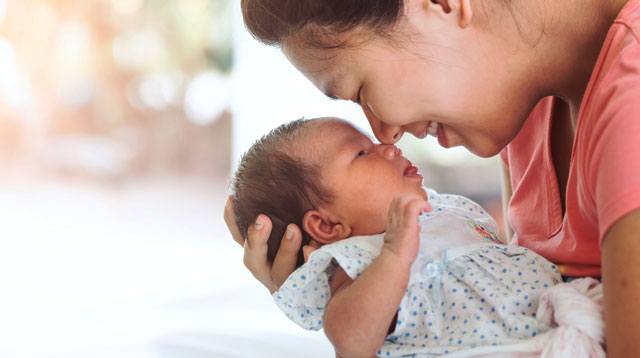1. Create a Budget:
- Begin by establishing a budget for all the necessary baby items. Prioritize essential items like a crib, car seat, and stroller.
2. Set Up the Nursery:
- Choose a quiet and well-ventilated room for the nursery.
- Paint the room with non-toxic, baby-safe paint.
- Select comfortable and safe furniture, such as a crib, changing table, and a comfortable chair for feeding and bonding.
3. Buy a Crib:
- Invest in a safe, sturdy crib that meets current safety standards.
- Ensure the crib mattress fits snugly, with no gaps at the sides.
- Avoid using crib bumpers, pillows, or loose bedding to reduce the risk of Sudden Infant Death Syndrome (SIDS).
4. Decorate the Nursery:
- Keep the nursery decor simple and child-friendly.
- Use soft, soothing colors and opt for blackout curtains to help with naps.
- Install baby-safe electrical outlet covers and secure heavy furniture to the wall to prevent accidents.
5. Choose Baby Gear:
- Select a safe and reliable car seat that is suitable for your baby's size and age.
- Invest in a quality stroller that fits your lifestyle, whether you need something lightweight, all-terrain, or a travel system.
- Consider a baby carrier or wrap for hands-free babywearing.
- Purchase a changing table or changing pad for diaper changes.
6. Stock Up on Baby Supplies:
- Buy diapers, wipes, baby clothes, onesies, and sleepers in various sizes.
- Get a good supply of baby blankets, bibs, and burp cloths.
- Stock up on baby grooming and hygiene items like baby shampoo, soap, and a baby thermometer.
7. Childproof Your Home:
- Install safety gates at the top and bottom of stairs and in doorways.
- Cover sharp edges and secure cabinets with safety locks.
- Keep small objects and choking hazards out of reach.
- Secure heavy furniture to prevent tip-overs.
8. Educate Yourself:
- Take parenting and childbirth classes to prepare for the challenges of parenthood.
- Learn about infant CPR and basic first aid.
- Read parenting books and seek advice from experienced parents.
9. Create a Birth Plan:
- Discuss your birth plan with your healthcare provider.
- Consider your options for labor, delivery, and postpartum care.
10. Get Support:
- Reach out to family and friends for emotional support and assistance.
- Consider joining parenting groups or online communities to connect with other expectant and new parents.
11. Take Care of Yourself:
- Prioritize self-care to stay healthy and reduce stress.
- Ensure you're getting enough rest, nutrition, and exercise.
Remember that every family's needs and preferences are unique. What works for one may not work for another. Trust your instincts, communicate with your partner, and be flexible as you prepare for parenthood. The most important thing is providing a loving and safe environment for your baby as they join your family and begin their amazing journey in this world.




Comments (0)